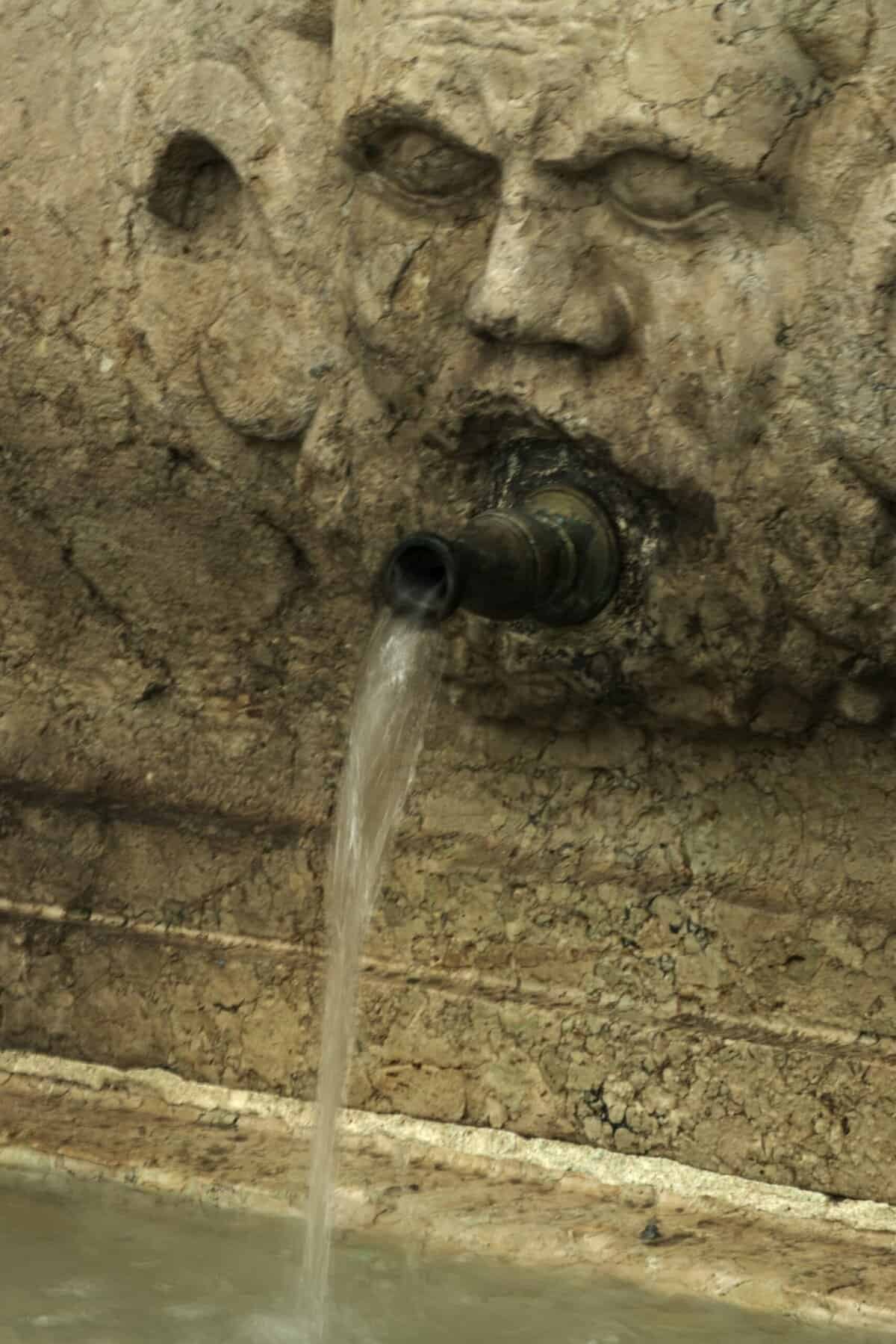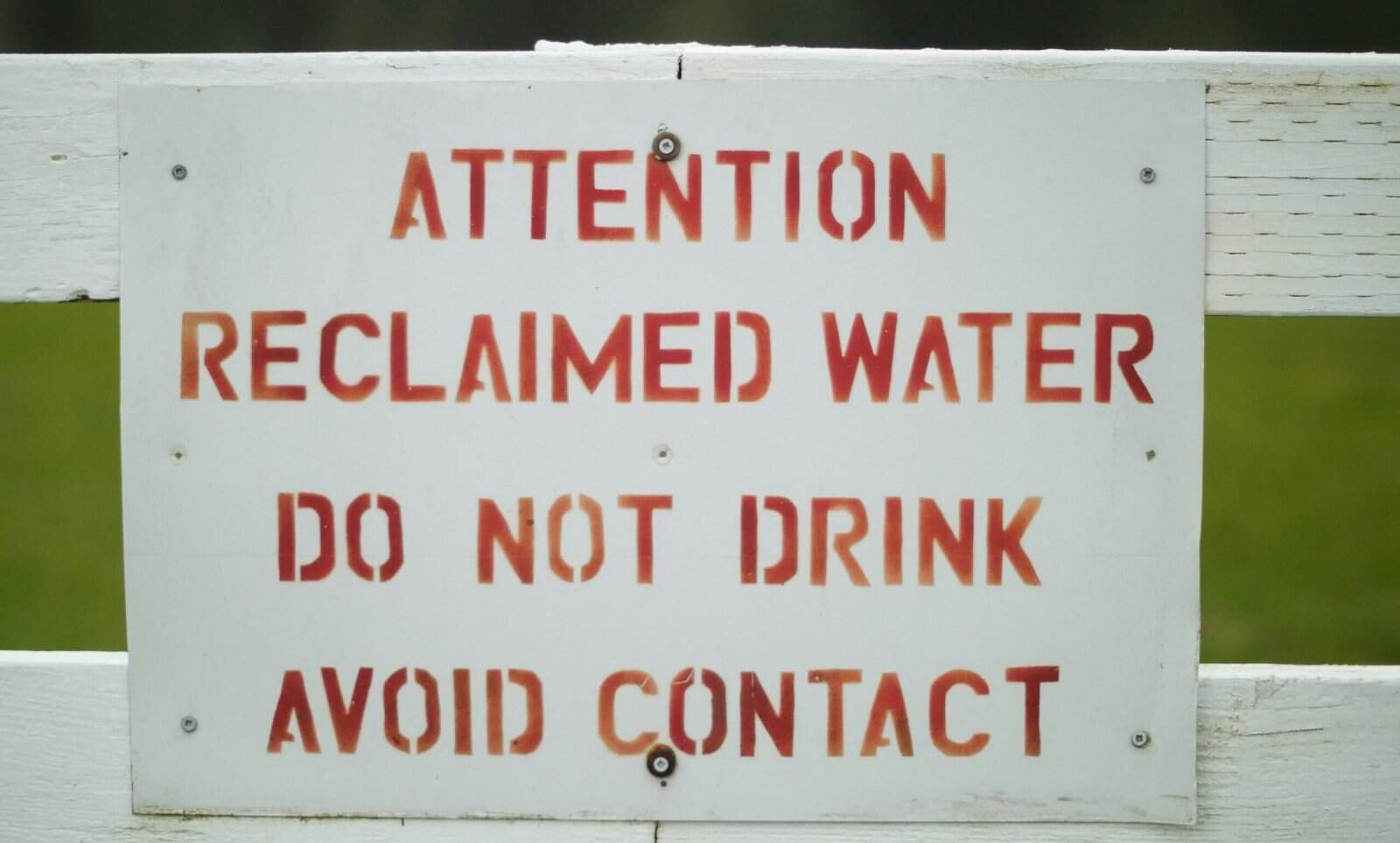Have you ever turned on the tap in your kitchen or bathroom only to be greeted by a strong, unpleasant odor reminiscent of rotten eggs? You’re not alone. Many homeowners experience this issue, and it can be both alarming and frustrating. But don’t worry—there’s a solution to everything, and understanding the problem is the first step toward fixing it.
Understanding the Rotten Egg Smell
What’s Causing That Odor?
The infamous rotten egg smell is usually caused by hydrogen sulfide gas, a chemical compound that’s notorious for its sulfuric stench. This gas can be present in your water supply due to several reasons, and identifying the root cause is essential in addressing the issue.
Common Sources of Hydrogen Sulfide
There are several potential origins for hydrogen sulfide in your water:
- Natural Decay: It is often a byproduct of the natural decay of plant and animal matter in soil and rocks.
- Bacterial Growth: Sulfur-reducing bacteria present in groundwater can contribute to this gas’s formation.
- Water Heaters: Sometimes, the smell could originate from your water heater due to chemical reactions involving its components.
- Sewage or Septic Systems: In less common cases, sewage or septic issues could be the cause.
Investigating the Source of the Smell
Before taking corrective action, it’s crucial to pinpoint where the smell is coming from. This can be done through a series of steps that help narrow down the cause.
Check Multiple Faucets
Try to determine whether the odor is coming from hot water, cold water, or both.
- Hot Water Only: The problem may lie within your water heater.
- Both Hot and Cold Water: The contamination might be present throughout your entire water supply.
Evaluate Indoor and Outdoor Sources
Take a moment to verify whether the smell is detected when water is drawn from outside taps. If the smell persists outdoors, the issue likely originates from the water source itself.

Testing Your Water
Knowing the cause of the smell can be confirmed through water testing. Testing can reveal not just the presence of hydrogen sulfide, but also other potential contaminants like bacteria or metals.
DIY Water Testing Kits
There are water testing kits available at hardware and home improvement stores that can provide preliminary insights into what’s in your water. These are quick and easy but might lack comprehensive information.
Professional Water Testing
For more exact results, consider hiring a professional to test your water. Professional testing services can provide detailed insights into the concentrations of hydrogen sulfide and any other contaminants present.
Solutions to the Problem
Once you’ve identified the cause, it’s time to explore potential solutions. Below are detailed strategies tailored to specific scenarios.
Solutions for Water Heater-Related Smells
If your water heater is the root of the problem, you can try the following:
- Replace Anode Rods: Magnesium anode rods are often the culprits. Replacing them with aluminum versions might help.
- Adjust Temperature Settings: Sometimes increasing the water heater temperature can discourage bacterial growth. However, always exercise caution to prevent scalding.
Solutions for Wells and Natural Groundwater
If the source is natural or from a well, consider the following methods:
- Install Aeration Systems: These systems mix air with water, helping to dissipate hydrogen sulfide.
- Activated Carbon Filters: These can be installed to adsorb contaminants.
- Chlorination: Introducing chlorine can help render hydrogen sulfide harmless. However, ensure that residual chlorine levels are safe for consumption.
Solutions for Plumbing and Pipes
The issue might be closer to home, originating from your plumbing or pipes. Consider:
- Flushing the System: Run water through each tap at high pressure to flush out any stagnant water or bacteria.

Preventive Measures
Taking proactive measures can save you future headaches. Here’s what you can do to prevent the smell from reappearing:
Routine Maintenance
- Regular Testing: Test your water regularly to detect early signs of contamination.
- Inspect Plumbing and Appliances: Regular inspection for any leaks or corrosion can prevent bacterial growth.
Ensure Proper Ventilation
Make sure areas around your well or water heaters are well-ventilated. Good air circulation can help prevent the buildup of unwanted gases.
Safety Considerations
While the rotten egg smell is often not a health risk at low levels, high concentrations of hydrogen sulfide can be dangerous. Always err on the side of caution.
When to Seek Help
If you feel symptoms such as irritation of the eyes, throat, or breathing difficulties, consult a professional immediately. High levels of hydrogen sulfide can be harmful and need urgent attention.
Fire-Safety Around Wellheads
One additional consideration if you have a private well is ensuring a fire-safe zone around your wellhead. Clearing vegetation and debris not only prevents potential fire hazards but also aids in easy access for maintenance and emergency intervention.
| Fire-Safe Zone Checklist | Tips |
|---|---|
| Clear Vegetation | Remove grass and plants within a 10-foot radius around the wellhead. |
| Remove Flammable Materials | Ensure that no flammable materials like firewood or gasoline are stored nearby. |
| Access Pathway | Maintain a clear pathway to and from your wellhead. |

Conclusion
Dealing with a water supply that smells like rotten eggs can be distressful, but it’s a manageable issue with the right knowledge and tools. By understanding the potential causes, conducting thorough testing, and applying targeted solutions, you can restore your peace of mind and enjoy fresh, clean water. Always remember to adhere to safety guidelines and perform regular checks to prevent future issues. If in doubt, professional help is always available to guide you through resolving persistent water quality problems.
